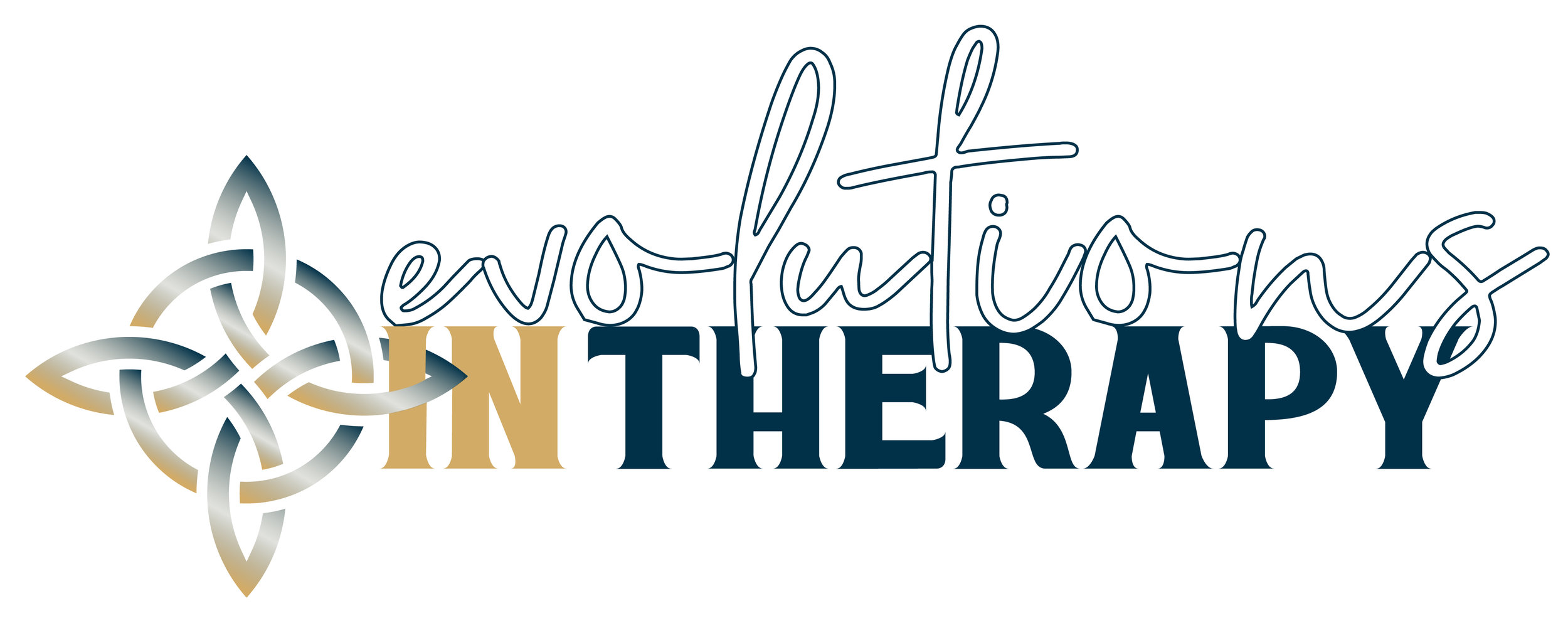Boundaries, Part 3
Boundaries, Part 3; Owning oneself
Hello Friends,
Before we deliver a boundary statement to another person, we need to stop and think about 3 things; 1. This is a statement about me, not about another, 2. What do I reasonably hope to accomplish, and 3. I need to remember the four speaking rules – Is it loving, compassionate, empathetic, or respectful. Boundary statements have many “I” words and very few “you” words. I strongly suggest that you never analyze the other person, “you do ___ because.” Think instead why you do, act, and say the things you do. This isn’t about them, it is about you.
Choose a time when nothing is going on, not when you have been arguing or when you are angry or rushed. Request time in advance and let the other person choose a time. You don’t need to use the word boundary, simply say, “I want to talk to you about something important to me. Could you choose a time when you have a quiet 30 minutes?” If it is someone in your household, you could say, “I want to talk to you about something important to me, would this be a good time? It should not take longer than 20-30 minutes.”
What do you hope to accomplish? If it is trying to change another person, this is not the right forum, is your statement more of a complaint, again, wrong forum. However, if you feel you need to set boundaries to help protect yourself, or to enhance a relationship, this is the right forum. It is also necessary that you let the other person respond with questions or ask for modifications if it is about their behavior towards you. A big thing to think about is that the other person is neither right nor wrong. A boundary statement’s purpose is to set up guidelines for a better, and possibly closer, relationship. The hope is to bring a more harmonious way of being together. One way of helping another person to hear what you are saying or asking is to own everything, “I made up in my mind that…”, “I caused myself to feel,” that helps the other person not to go to defensive mode.
Stay open to their response, you are not to be blamed either, but if you stay curious and listen to the other person, you may find your thinking was way off base.
Personal boundaries vary from person to person. It is a statement of what is important to you, what is unacceptable, and a request to those who are close to you to respect your personal boundaries.
Boundaries are physical, mental, and emotional. Some physical boundaries include how close you stand to someone when talking, invading someone’s personal space and belongings. Also touching or not when speaking, asking for a hug instead of just assuming it is ok.
Emotional and mental boundaries include saying “yes” when we want to say “no,” not speaking up when we allow another to persuade, push, or bully us into a position we do not want.
This is the boundary statement, write it out before you engage because when emotions are up, critical thinking is down. Ask the other person to let you finish before responding, then they can ask questions to clarify they understand.
Boundary:
When you (name the specific behavior), I feel (angry, sad, scared, stressed, anxious, deserted, forgotten, worried, etc.)
Because I think:
Starting today, I am going to – state your new behavior.
I am requesting that you respect my boundary in this new behavior of mine.
I am asking for your help, which includes: think about what you are needing from this person, do you need their support in a situation, do you need them to leave you alone to calm yourself? Think about what they could do that would help support your boundary.
If you violate this boundary, I will need to (walk away, hang up the phone, not respond if a text or email, whatever you decide)
What it was like for me to tell you this. This is important as it is usually very hard when stating a new boundary that you have not previously done. The feelings are fearful, anxious, etc.
I recently needed to set a boundary with people I like and want to continue to be with concerning certain types of jokes. I felt anxious because I felt I was being a prude and party pooper (words my mind tells me). This was a small boundary; large ones are more anxiety provoking. It has been my experience that when setting a new boundary with those close to us, expect that they will violate it – almost as if testing the limits you have set. Therefore, it becomes imperative that you follow through on the consequence you previously set.
Good Luck!!!
Next week, we will discuss family connections, love and acceptance.
